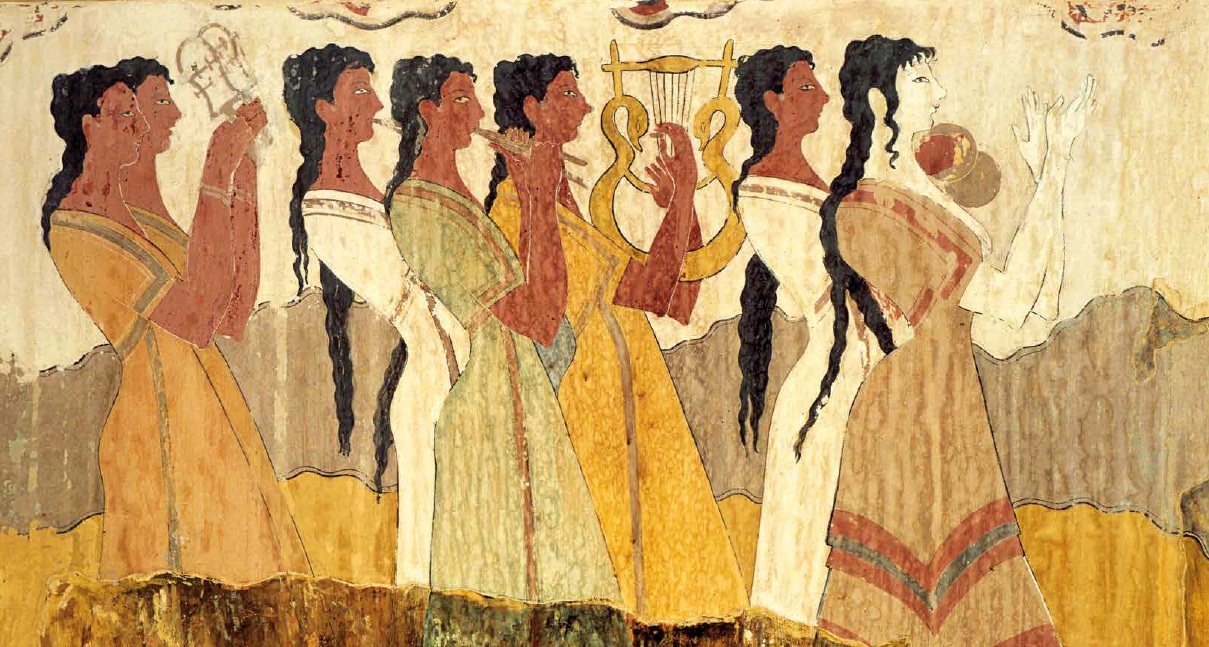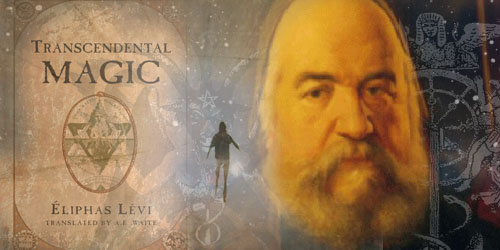There have been many able works of late, in refutation of this preposterous claim. Among others we note Mr. G. Reber’s, The Christ of Paul, which overthrows it quite ingeniously. The author proves, 1, that there was no church established at Rome, until the reign of Antoninus Pius; 2, that as Eusebius and Irenaeus both agree that Linus was the second Bishop of Rome, into whose hands “the blessed apostles” Peter and Paul committed the church after building it, it could not have been at any other time than between A.D. 64 and 68; 3, that this interval of years happens during the reign of Nero, for Eusebius states that Linus held this office twelve years (Ecclesiastical History, book iii., c. 13), entering upon it A.D. 69, one year after the death of Nero, and dying himself in 81. After that the author maintains, on very solid grounds, that Peter could not be in Rome A.D. 64, for he was then in Babylon; wherefrom he
Page 125
wrote his first Epistle, the date of which is fixed by Dr. Lardner and other critics at precisely this year. But we believe that his best argument is in proving that it was not in the character of the cowardly Peter to risk himself in such close neighborhood with Nero, who “was feeding the wild beasts of the Amphitheatre with the flesh and bones of Christians”at that time.
Perhaps the Church of Rome was but consistent in choosing as her titular founder the apostle who thrice denied his master at the moment of danger; and the only one, moreover, except Judas, who provoked Christ in such a way as to be addressed as the “Enemy.” “Get thee behind me, SATAN!” exclaims Jesus, rebuking the taunting apostle.
There is a tradition in the Greek Church which has never found favor at the Vatican. The former traces its origin to one of the Gnostic leaders — Basilides, perhaps, who lived under Trajan and Adrian, at the end of the first and the beginning of the second century. With regard to this particular tradition, if the Gnostic is Basilides, then he must be accepted as a sufficient authority, having claimed to have been a disciple of the Apostle Matthew, and to have had for master Glaucias, a disciple of St. Peter himself. Were the narrative attributed to him authenticated, the London Committee for the Revision of the Bible would have to add a new verse to Matthew, Mark, and John, who tell the story of Peter’s denial of Christ.
This tradition, then, of which we have been speaking, affirms that, when frightened at the accusation of the servant of the high priest, the apostle had thrice denied his master, and the cock had crowed, Jesus, who was then passing through the hall in custody of the soldiers, turned, and, looking at Peter, said: “Verily, I say unto thee, Peter, thou shalt deny me throughout the coming ages, and never stop until thou shalt be old, and shalt stretch forth thy hands, and another shall gird thee and carry thee whither thou wouldst not.” The latter part of this sentence, say the Greeks, relates to the Church of Rome, and prophesies her constant apostasy from Christ, under the mask of false religion. Later, it was inserted in the twenty-first chapter of John, but the whole of this chapter had been pronounced a forgery, even before it was found that this Gospel was never written by John the Apostle at all.
The anonymous author of Supernatural Religion, a work which in two years passed through several editions, and which is alleged to have been written by an eminent theologian, proves conclusively the spuriousness of the four gospels, or at least their complete transformation in the hands
Page 126
of the too-zealous Irenaeus and his champions. The fourth gospel is completely upset by this able
author; the extraordinary forgeries of the Fathers of the early centuries are plainly demonstrated, and the relative value of the synoptics is discussed with an unprecedented power of logic. The work carries conviction in its every line. From it we quote the following:
“We gain infinitely more than we lose in abandoning belief in the reality of Divine Revelation. Whilst we retain, pure and unimpaired, the treasure of Christian morality, we relinquish nothing but the debasing elements added to it by human superstition. We are no longer bound to believe a theology which outrages reason and moral sense. We are freed from base anthropomorphic views of God and His government of the Universe, and from Jewish Mythology we rise to higher conceptions of an infinitely wise and beneficent Being, hidden from our finite minds, it is true, in the impenetrable glory of Divinity, but whose laws of wondrous comprehensiveness and perfection we ever perceive in operation around us. . . . The argument so often employed by theologians, that Divine revelation is necessary for man, and that certain views contained in that revelation are required for our moral consciousness, is purely imaginary, and derived from the revelation which it seeks to maintain. The only thing absolutely necessary for man is TRUTH, and to that, and that alone, must our moral consciousness adapt itself.”

Moe is the founder of GnosticWarrior.com. He is a father, husband, author, martial arts black belt, and an expert in Gnosticism, the occult, and esotericism.






